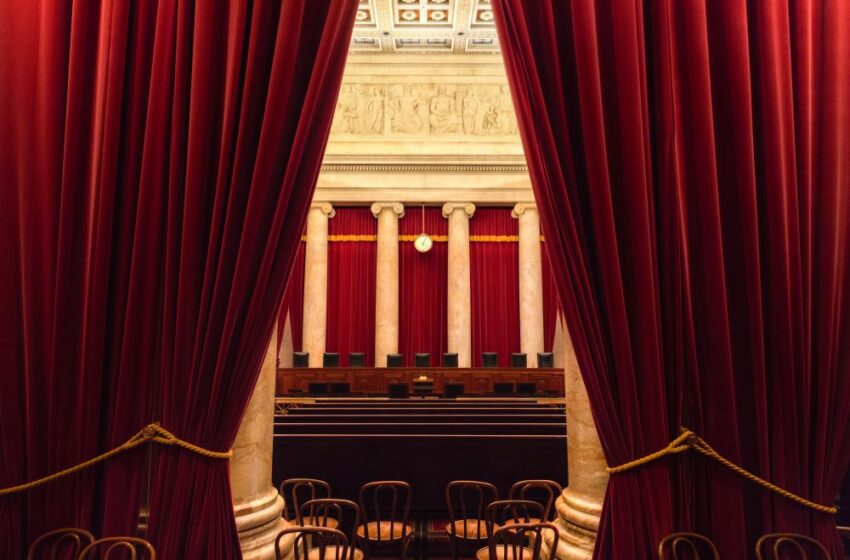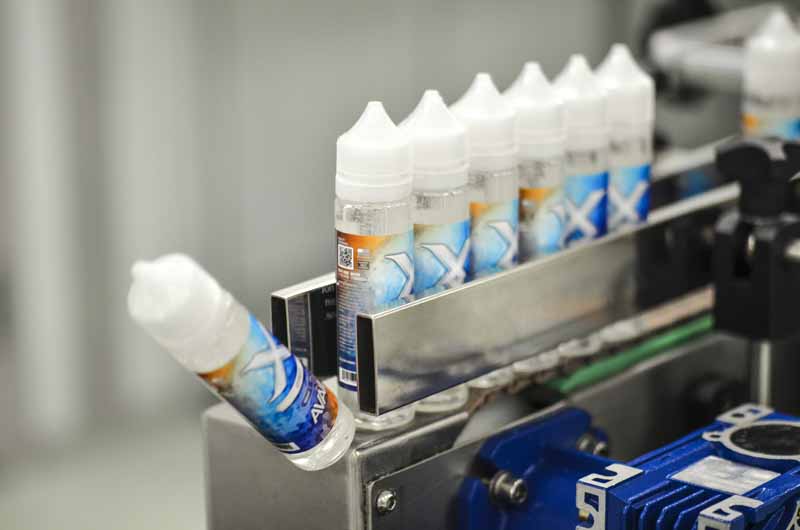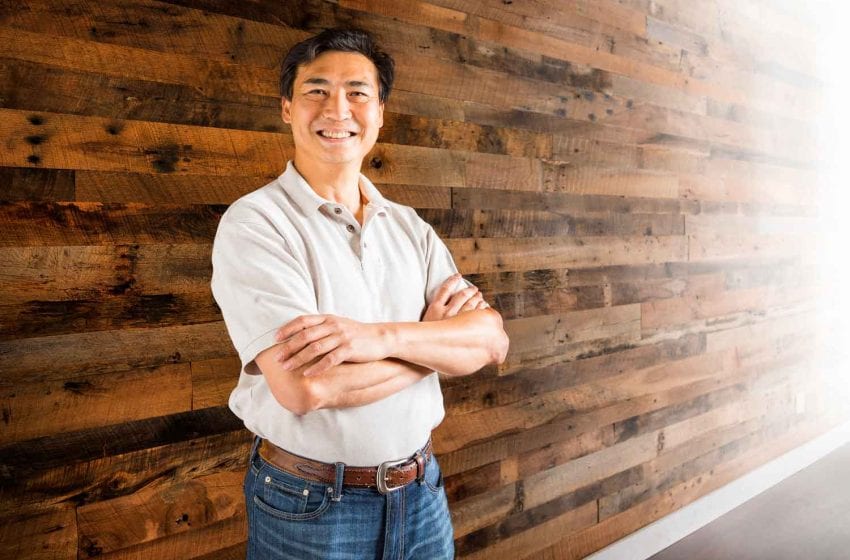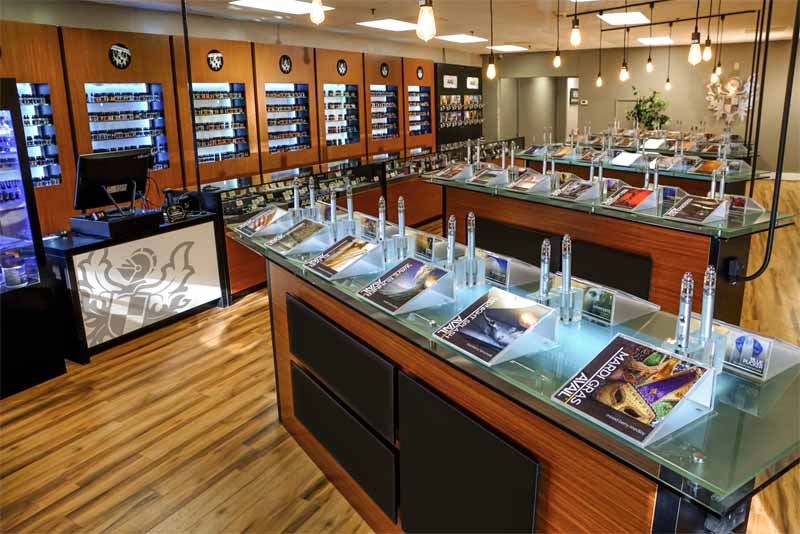America’s top court will not examine a lower court’s refusal to review an MDO.Read More
Tags :Avail Vapor
The company believes the FDA’s marketing denial order was ‘arbitrary and capricious.’Read More
Judge reprimands retailer for focusing on procedural objections rather than the FDA’s mandate to protect health. Read More
Founder James Xu says a new vaping-related project will be announced soon.Read More
The application now moves to the substantive scientific review.Read More
The acquisition would create a global, omnichannel organization with a clear mission to bring value to customers, according to Avail.Read More






